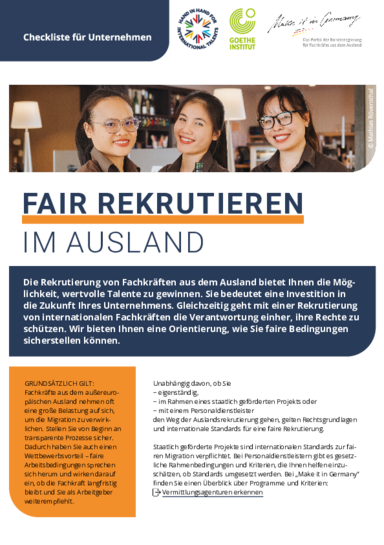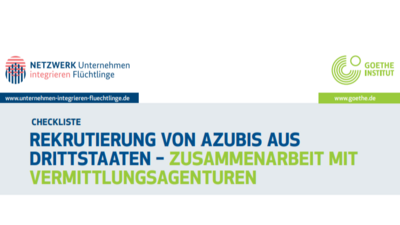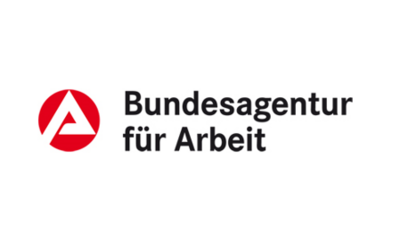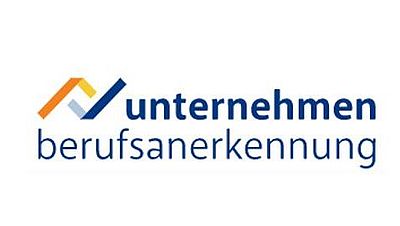
Fair recruitment abroad
Our checklist provides guidance on how to ensure fair conditions when recruiting skilled workers from abroad: information on ethical recruitment, fair working conditions, support for skilled workers and projects that can support you.





